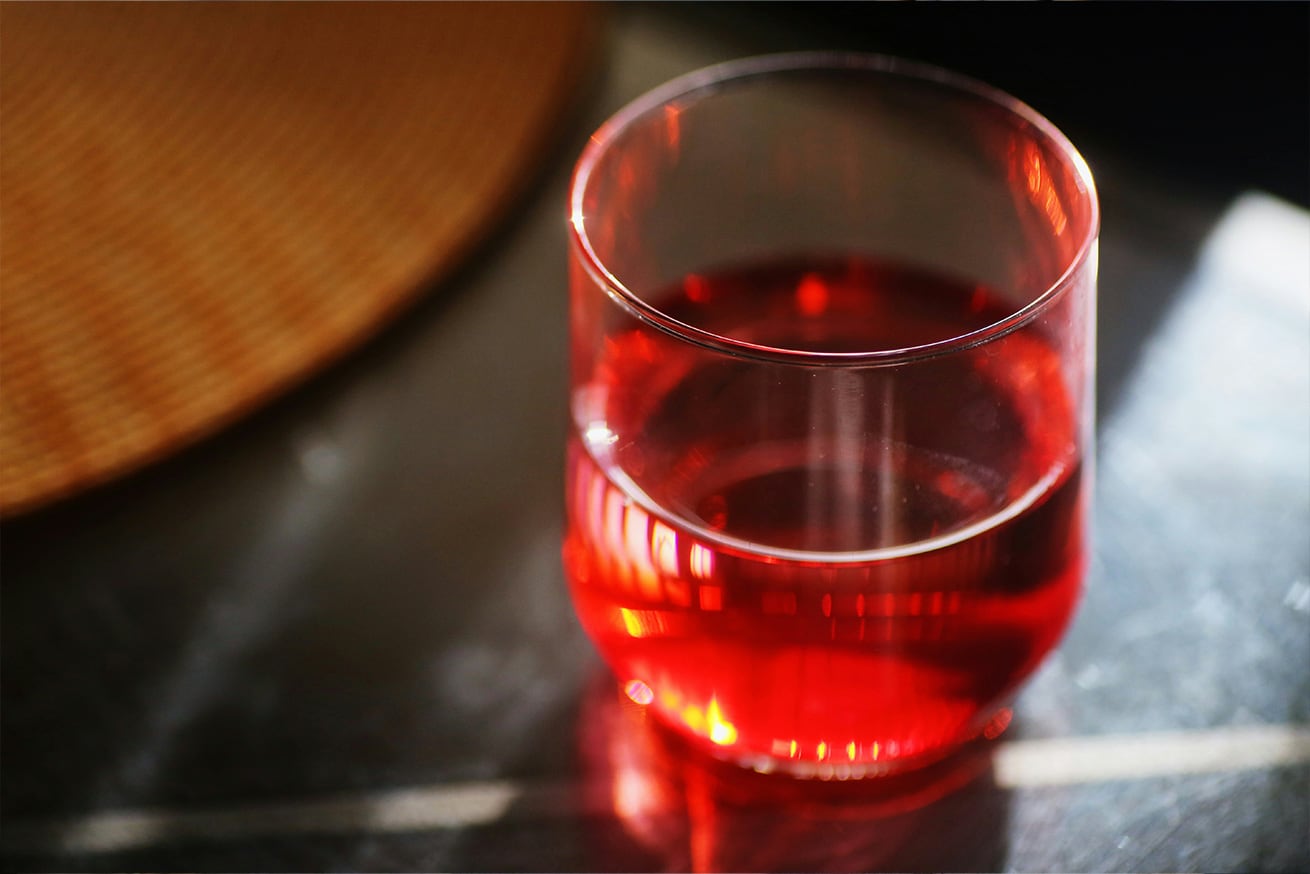Can cranberry juice help stop the development of oesophageal cancer?
Blog
/
Can Cranberry Juice Help Stop The Development Of Oesophageal Cancer
Gut health. It seems everyone is talking about it and more and more people are becoming focussed on what they eat and how it affects the gastrointestinal microbiome.

The gut biome is the mixture of literally billions of microorganisms that naturally live in the gut. Interest in how this can influence health and disease is growing rapidly. On the internet there are a multitude of sites describing claims for products and services that are supposed to be beneficial. Much of this is based upon “pseudo-science“ with very little proper evidence on which to base these claims.
So what of the real science which in medicine is what we rely on to base our practice and clinical advice? And for us at RefluxUK, since we treat patients with symptoms predominantly related to the stomach, oesophagus and throat what about the gut biome and its importance in these parts of the body? While much of the focus of interest has been on the colonic microbiome and we’ve previously written about how what happens in the small bowel, specifically how SIBO can cause reflux type symptoms, could micro-organisms in the oesophagus itself affect diseases there? Well, there’s increasing evidence that it does.
Researchers have now published multiple studies suggesting that there are specific changes in the oesophageal microbiome associated with gastroesophageal reflux, Barrett’s oesophagus and even cancer. In reflux esophagitis, Barrett’s oesophagus and adenocarcinoma (ACR) , the common oesophageal cancer type associated with reflux, the oesophagus seems to become predominantly populated with Gram-negative bacteria rather than the typical Gram-positive strains seen in the normal population. There’s less diversity and microbial richness and the changes are towards populations of micro-organisms which are known to be pro-inflammatory.
Historically, the development of reflux induced injury to the oesophagus including oesophagitis, Barrett’s and cancer has been assumed to be by the direct chemical effects of acid and bile salts. However, it now seems that while this is part of the story, the influence of the local oesophageal biome is key. Through several mechanisms, a pro-inflammatory environment is established with direct injury to the cells lining the oesophagus by micro-organisms within it which seems to provoke the development of Barrett’s and sometimes cancer. These mechanisms include upregulation of inflammatory pathways through altered gut-microbe interaction as well as changes in composition through secretion of substances including bacteriocins. These may then cause local bactericidal and cytotoxic effects. Interestingly, evidence from analyses of oesophageal adenocarcinoma surgical resections have shown that the tumour-associated microbiome demonstrates decreased microbial richness and diversity compared with non-dysplastic (dysplasia being the next step from Barrett’s towards cancer) Barrett's oesophagus and normal squamous tissue (the type of cells lining the oesophagus). And one study showed that there were significant differences in the microbiota of patients with dysplastic Barrett’s and cancer compared to controls with a trend towards bacteria that are known to be potentially pro-inflammatory and cytotoxic.
Incidentally the influence of PPIs on the oesophageal microbiome remains unclear. It’s certainly the case that the explosion in case numbers of adenocarcinoma over the last 20-30 years has coincided with the use of PPIs. PPIs certainly change the microbiome throughout the gut including the oesophagus and but there nis contradictory evidence as to what the effects of these changes are.
So, what’s all this got to do with cranberry juice? Well, a group of researchers in Michigan have recently submitted a paper and its findings are fascinating.
They used a rat model of reflux and exposed them to a polyphenols called proanthocyanidins (C-PAC). which are found in cranberries. They found that C-PAC reduced reflux-induced bacteria in the oesophagus including Streptococcus parasanguinis, Escherichia coli and Proteus mirabilis. This mitigated bile acid metabolism and transport. C-PAC specifically reversed reflux-induced bacterial, inflammatory and immune-implicated proteins and genes that are associated with progression towards oesophageal cancer adenocarcinoma (AC) and inhibited AC by influencing specific cellular signalling cascades. The authors concluded that “C-PAC is a safe promising dietary constituent that may be utilized alone or potentially as an adjuvant to current therapies to prevent AC progression through ameliorating reflux-induced dysbiosis, inflammation and cellular damage”.
So, can we now recommend that everyone with reflux and Barrett’s should drink cranberry juice daily to prevent the development of cancer? Not yet. We’d need much stronger evidence to be sure but nonetheless there can’t be harm in doing so. If nothing else this paper emphasises how the traditional treatments of reflux including PPIs do not address the problem comprehensively and that these drugs do change the gut biome including in the oesophagus. We’re reminded once again how the gut biome is so important to our health and that so much more research is necessary to understand how. It’s likely that within a decade this understanding will have radically changed our approach to the treatment of reflux. And that finally perhaps we can make big differences with simple interventions, such as dietary modification.
